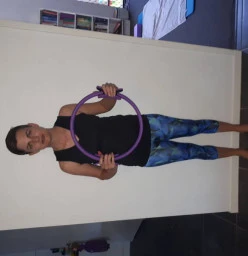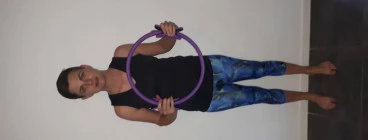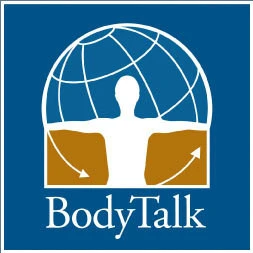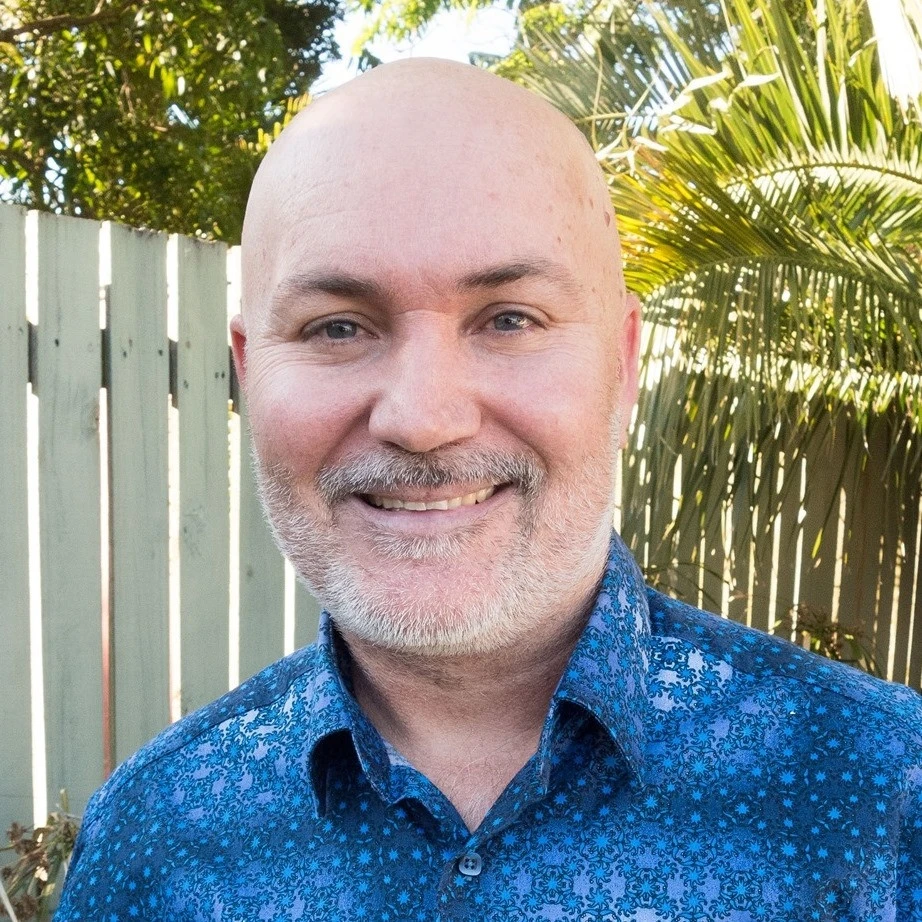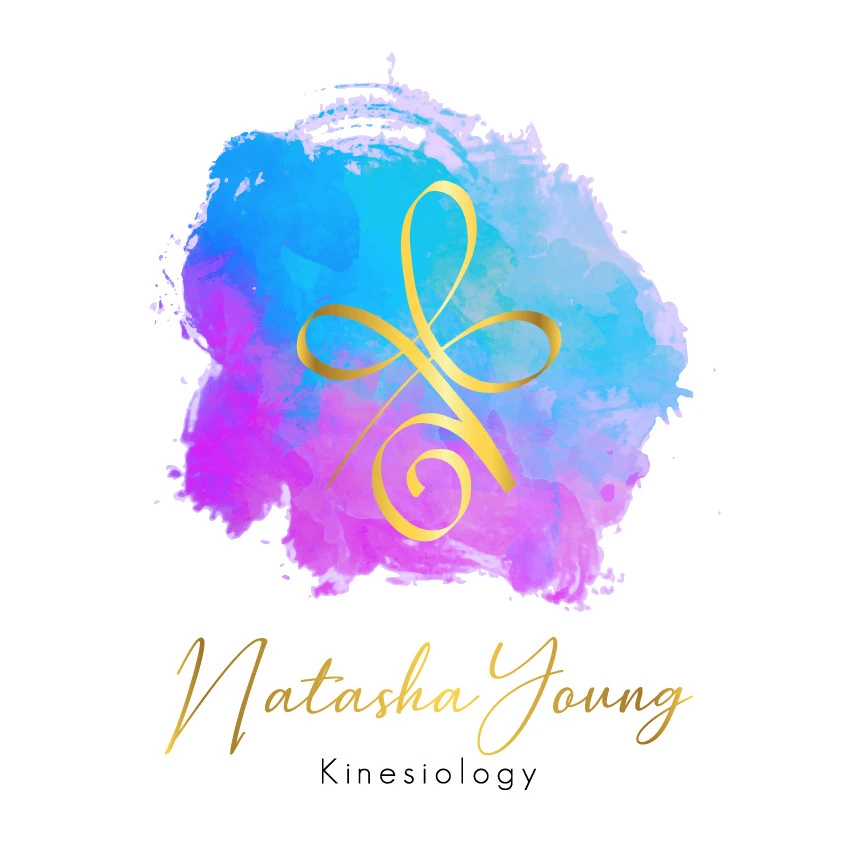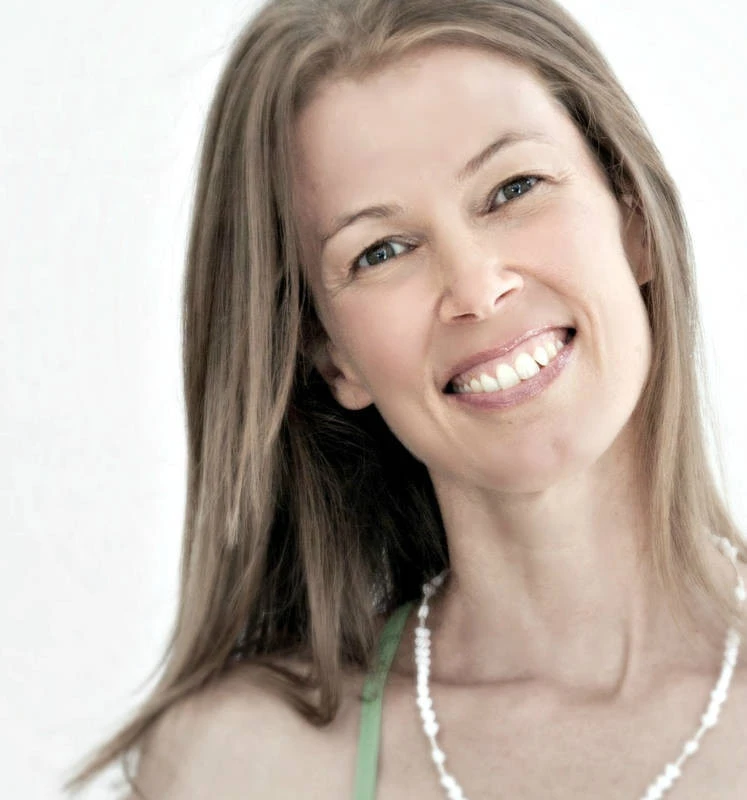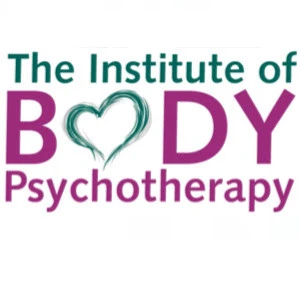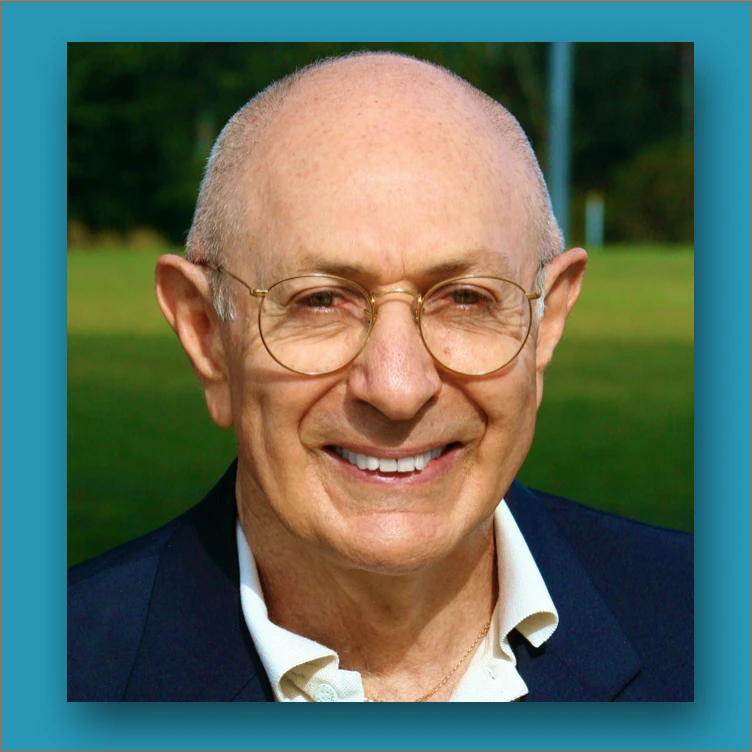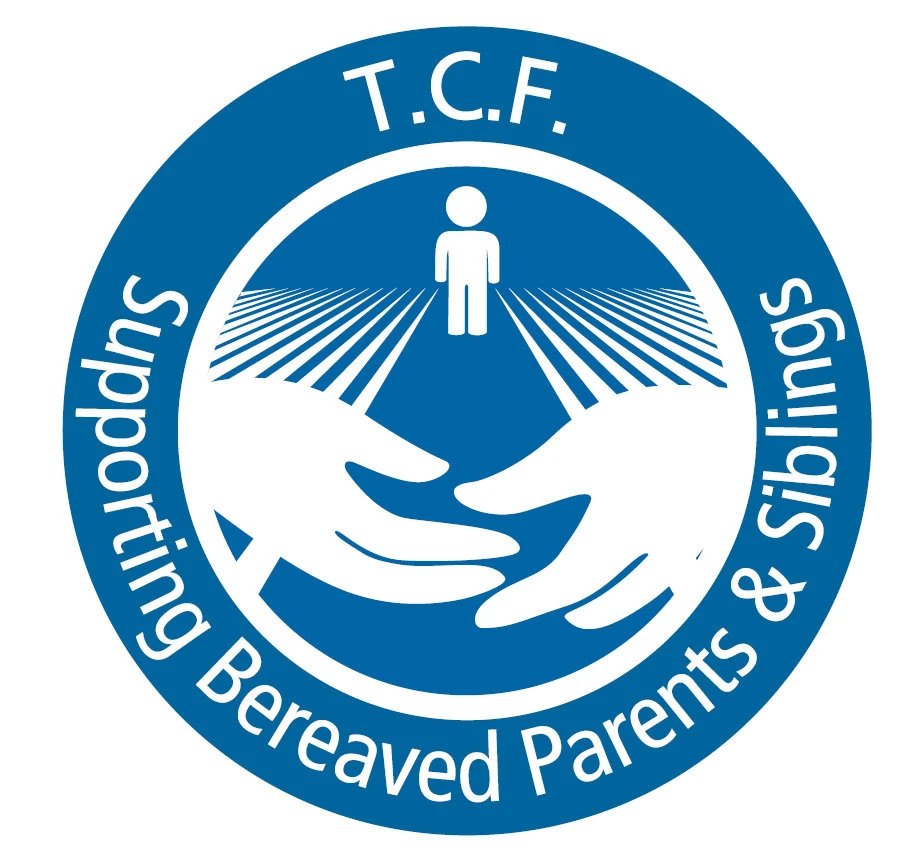
Brain areas altered during hypnotic trances identified
Researchers at Stanford University found changes in three areas of the brain that occur when people are hypnotized. By scanning the brains of subjects while they were hypnotized, researchers could see the neural changes associated with hypnosis. This article looks at each of these three areas of the brain.
Read more
Everyone is a Healer
The other day I was doing our local headland walk and as I passed the playground, a three year old took a fall off his bike and grazed his knee. His dad came over to comfort him and put his hand on his knee. It was lovely to see how quickly the child turned from tears to smiles. You might also remember the comforting touch of your mum or dad when you took a fall as a kid. A parent’s touch actually helps injuries improve faster because of the healing energy that is naturally sent from the hands.
Read moreCauses of Depression: Can a psychologist help?
There are many things we don’t understand about depression, and its exact cause is one of them. However, it often results from a combination of events in a person’s life as well as other personal factors, rather than a single event or issue. This article explores the potential triggers to help you better manage your risk.
Read more
5 great things about mobile personal training
'Functional fitness' is a trendy term. Basically it means you exercise in a way which is more like movements you do in daily life. This includes picking things up, putting things down, getting up and down from a chair.
Read moreAnxiety and stress – what's the difference?
Hypnotherapists often meet clients who say ‘how scared and overwhelmed’ they are when they experience Anxiety & Stress. As part of client therapy, some hypnotherapists make time to explain and clarify what Anxiety & Stress is and how they are linked. It can be important to communicate the differences because this means, clients have an understanding and awareness of what is really happening. It takes away any ‘unknown and associated fears’. This article explores the difference between stress and anxiety, so you can get the best treatment.
Read more
The benefits of pregnancy massage
The benefits of pregnancy massage Week by week pregnancy demands adjustment. For your pregnancy massage practitioner, this presents an opportunity to support these physical changes with body therapy. Things that pregnant clients commonly complain of include: aching feet, sore neck, sore shoulders, fatigue, and upper and lower back pain. None of this seems surprising considering the postural changes and pressure on the spine associated with a rapid increase in weight over 9 months.
Read more
WHAT IS THE POSTERIOR CHAIN?
The Posterior Chain is also important in the stability of your knee, hips and spine. Therefore, if these muscles are strong, it may result in a decreased risk of both sporting and general injury.
Read more
Build your resilence through exercise
Most of us already know that exercise helps release endorphins which are wonderful mood boosters. But did you know that exercise is a great contributing factor to help you build your mental resilience? Discover how you can build your mental resilience through exercise using these three important tips.
Read more
What's the difference between Restorative + Yin Yoga?
In a pose it’s encouraged to let go of muscular involvement to target the deeper connective tissues of the body such as fascia Some schools of Yin will teach Yin as a ‘cold’ practice, done without a warm-up as a way to protect students from going in to the held stretches too deeply In poses, you might be guided through mindfulness techniques to draw your awareness to letting your muscles relax, to target your ligaments, fascia and joints instead Yin might be considered a useful practice for building bone density
Read more
OSTEOPATH VS CHIROPRACTOR: WHEN YOU SHOULD USE EACH?
Both osteopathy and chiropractic services can be invaluable complementary medicines alongside professional medical guidance. However, since choosing between them can be a challenge, it’s always advisable to consult either a professional physician/doctor or a local osteopath/chiropractor for more specific guidance on their unique range of services.
Read more
Travel Running Advice and Tips
Travelling for business or just a holiday? Running while you are away can be a great experience and extremely rewarding. See sites as you have never seen them before as well as stay fresh and avoid jet lag.
Read more
How you are within directly affects how well you lead.
You might lead a small team, or maybe a few hundred or even thousands of people. If you are a leader in any form within your organisation then you have either, or will need to, transform yourself into a larger possibility. Growing your business means growing yourself and taking others on the journey. And they will look to you as their leader.
Read more
Unlocking the Passion: Why Australians Love Martial Arts Fitness
Martial arts encompasses a vast array of styles, from karate and taekwondo to Brazilian jiu-jitsu and Muay Thai. Australians love the diversity martial arts offers, allowing them to choose a style that resonates with their personality and goals. This variety not only keeps the workouts exciting but also encourages personal growth as individuals challenge themselves to master new techniques and levels.
Read more
What does an Osteopath even do??
We get it. Lots of people don’t really know exactly what we do. First of all, it doesn’t help that our name is a massive misnomer, a relic of the past where bony “alignment” was emphasised far more than what we know to be useful today.
Read more
Preparing for a half marathon (21km) race
Half Marathon season usually runs through the colder months but you should bargain on at least 3 months of training required, even if from a standing start. Literally, you are not running and then you run a half marathon 3 months later. I have run the SMH half marathon and the Blackmores half marathon now a number of times in sub 2 hours, not a great time but OK. As a beginner moving to intermediate running these are my half marathon running tips.
Read more
Why should I do yoga?
When practised under the guidance of experienced teachers, yoga can serve as an effective pain management method. Along with easing the pain of arthritis, back pain, headaches and more, yoga will relieve tension in parts of your body you weren’t even aware of.
Read more
Over-the-counter vitamins or Practitioner-only supplements: what's best?
Have you ever looked at that bottle of fish oil or 'shelf stable' probiotic sitting on the dusty supermarket shelf and wondered to yourself: “How long has THAT been there? Am I just wasting my money?” This article looks at the truth about supplements and explains where you can get the most benefit.
Read more
How To Survive Mother's Day With A Difficult Mother
Some adult daughters have difficult relationships with their mum, still seeking their mother’s approval for their career, for their love interests, for her acceptance and unconditional love. They revert to being a child in their mother’s presence, wanting mum to nurture and encourage them, maintaining hope that mum will hold the little girl in her lap of tenderness, stroking her fondly, speaking gently from doting mother to her adoring child. This is the fantasy that adult daughters dream about.
Read more
Losing weight isn’t just about eating less!
These are some common pitfalls people can overlook within their journey to losing weight. However, there are over 100 reasons and interactions that can alter weight loss.
Read more
Relationship Advice: How to protect your self esteem in your relationship
In my therapy practice I often see individuals excepting behaviours in relationships they would never advise a friend to accept, simply to due to the fear of rejection. One of the by-products of being a nice person is accepting less than you are worth just to either keep the peace, or to try to avoid the possibility of someone leaving you. Women and men who are more sensitive in nature (and let me note that sensitivity is not a bad trait) are the most likely candidates for this behaviour.
Read more





